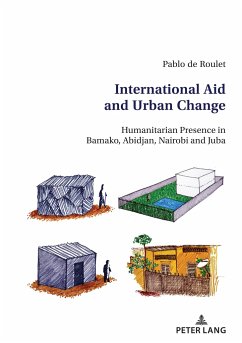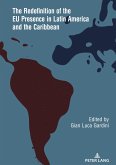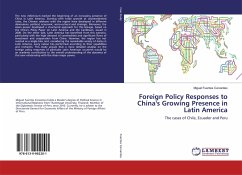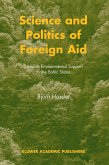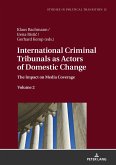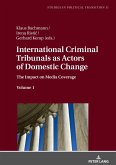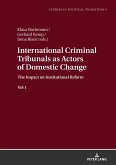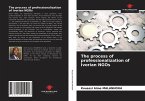The presence of expatriate humanitarian workers in African cities is not neutral. Country
capitals receive large and sudden influx of expatriates during humanitarian crises
responses. This book examines the influence of this presence on the local urban ecosystem,
from the building of a security discourse to the self-segregation of aid agencies
in expatriate enclaves. The examples of Abidjan, Bamako, Juba and Nairobi illustrate
different variants of urban change induced by the normative power of aid organisations.
capitals receive large and sudden influx of expatriates during humanitarian crises
responses. This book examines the influence of this presence on the local urban ecosystem,
from the building of a security discourse to the self-segregation of aid agencies
in expatriate enclaves. The examples of Abidjan, Bamako, Juba and Nairobi illustrate
different variants of urban change induced by the normative power of aid organisations.

